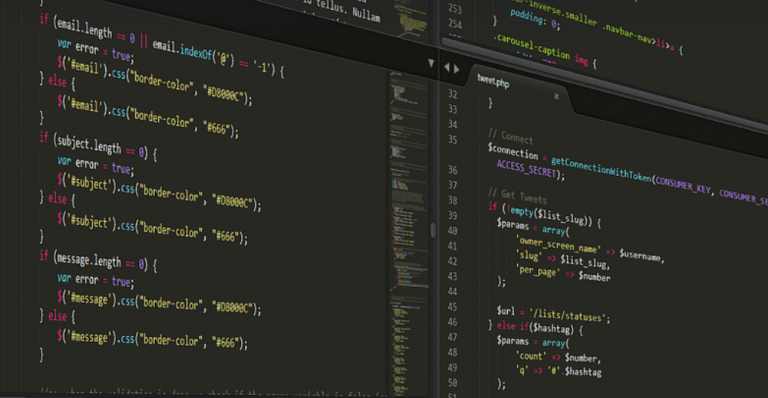What’s the Deal with Research & Evaluation?
So, you’re a counselor working hard to help people navigate their challenges. You might ask yourself, “How do I know if my approach is really making a difference?” This is where research and program evaluation come in—they’re not just for PhD-level academics; they’re essential tools for every counseling professional.
Think of it like this: you’re building a house for your clients. You put their needs at the center, use high-quality materials, and work diligently to ensure stability and comfort. Research and evaluation are like the blueprints, construction guidelines, and even periodic inspections that ensure your “house” is truly built strong and beneficial for your clients.
Why Do We Need Research & Evaluation?
Just imagine trying to build a house without any measurements or plans—you’d end up with something pretty messed-up! Similarly, in counseling, we need concrete data to understand what works best. This means:
* **Determining effectiveness:** Can you really say your approach changes clients’ lives? Research helps answer this by comparing your methods to other approaches and measuring actual outcomes like increased self-esteem, improved coping skills, or progress toward specific goals.
Research and evaluation provide a way to measure what works. That’s because they allow us to:
* **Make informed decisions:** Instead of relying on gut feelings alone, we gain insights into the effectiveness of different techniques through data analysis. This allows us to refine our practice based on evidence rather than guesses.
Research and evaluation also help us in these ways:
* **Improve client outcomes:** Understanding what works best for individuals can lead to more effective counseling strategies that cater to their specific needs. * **Tailor treatment approaches:** By studying the effectiveness of various interventions, we can learn which techniques are most beneficial for different populations and unique challenges. * **Share our findings:** We contribute to the larger body of knowledge in counseling, helping future generations of professionals with similar goals by documenting what works and why.
Types of Research & Evaluation
There are various types of research that can be used in counseling, each offering a different lens to analyze how effective your interventions are:
* **Quantitative Research:** Think numbers! This type focuses on measuring things like clients’ levels of anxiety or depression before and after treatment. It involves collecting data using surveys, questionnaires, and standardized tests.
Quantitative research is particularly helpful when you need to establish a strong baseline for comparison.
**Qualitative Research:** This approach dives into the “why” behind behavior. Think in-depth interviews with clients about their experiences, feelings, and thoughts—this helps you understand how your therapeutic interventions affect them on a deeper level.
Qualitative research is helpful when you want to explore client perspectives and motivations.
**Experimental Research:** Like testing a new recipe, this type of research compares clients who receive treatment to those who do not. This helps determine if your intervention truly leads to positive change, particularly in specific areas like reducing anxiety or improving communication skills.
Program Evaluation: Putting it all Together
Now that we’ve explored various types of research and their benefits, let’s talk about program evaluation. This is where you put the pieces together—it’s not just about knowing what works; it’s about understanding how to implement those findings effectively.
Program Evaluation: Putting It All Together
Program evaluation isn’t about simply collecting data; it’s about using that data to make informed decisions and improve your program. Here’s how:
* **Setting SMART goals:** Before starting any program, you need clear objectives—what do you want to achieve? These goals should be Specific, Measurable, Achievable, Relevant, and Time-bound, so you can track progress effectively.
Once your goals are set, you’ll need a plan to measure them.
* **Designing data collection tools:** This is where you create specific forms, surveys, or interviews that will allow you to collect the information required for evaluation. * **Collect and analyze data:** This stage involves gathering the collected data and analyzing it to understand what worked and what didn’t in your program.
Program evaluation is more than just a formality; it’s about ensuring that every aspect of your efforts – from the initial planning to the ongoing implementation – contributes to achieving your goals.
Staying Current: The Importance of Continued Learning
The field of counseling is always evolving! Research and program evaluation methods are constantly being refined, allowing us to better serve our clients and ourselves.
So, as you embark on a journey in counseling, remember that research and program evaluation play crucial roles:
* **Build your confidence:** You’ll feel more confident in the direction of your practice when you have data-driven insights. * **Improve outcomes for clients:** This ensures you’re providing the best support possible to your clients.
The more you explore and learn about research and program evaluation, the better equipped you’ll become as a counselor, ensuring even greater success in helping people navigate their journeys.















